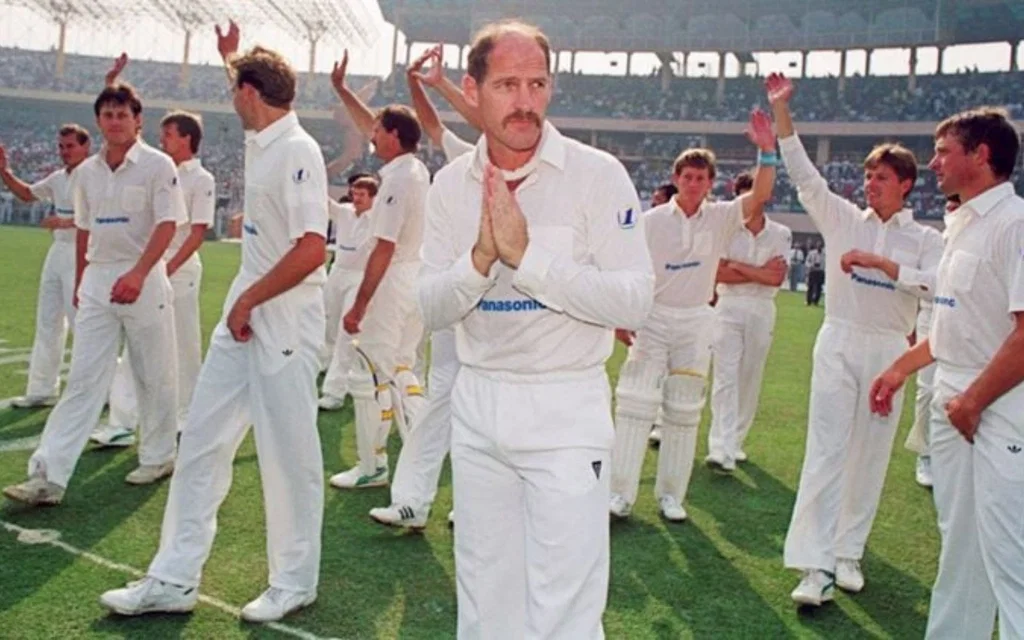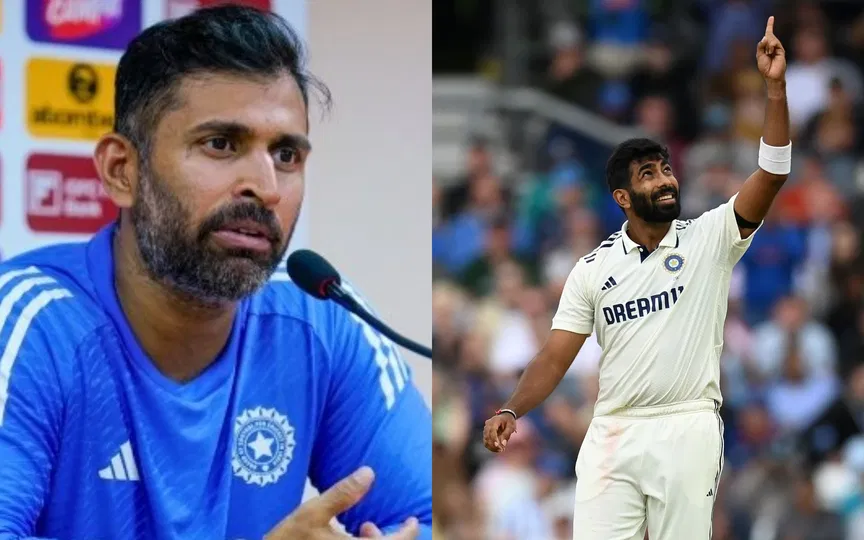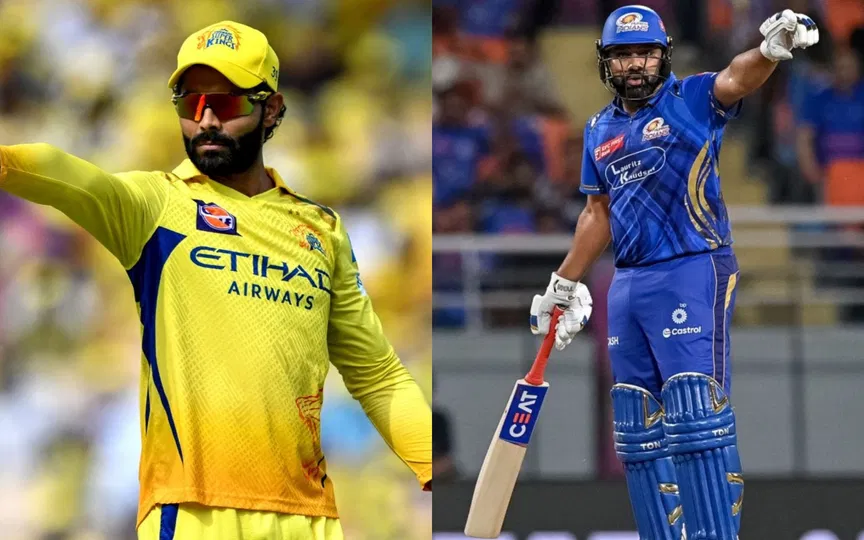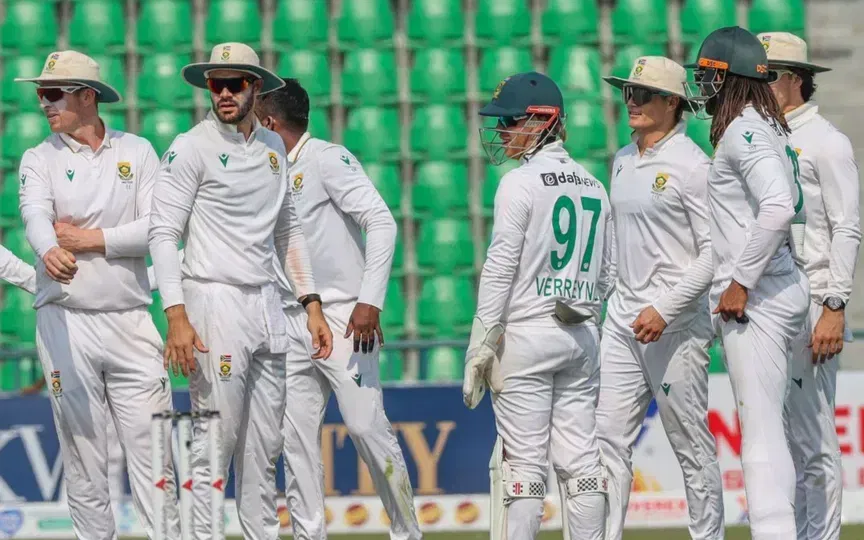 South Africa steps into Eden Gardens in their first match after ban (Source: @VijayCricketFan/x.com)
South Africa steps into Eden Gardens in their first match after ban (Source: @VijayCricketFan/x.com)
Since cricket began, every nation has carved its own tale of setbacks, redemption, and epic comebacks. Struggles are common in the 22 yards, but for some of the cricket nations, struggles exit the boundary rope and go beyond.
Today, South Africa stands tall as a cricketing powerhouse, but once, the Proteas hit rock bottom. Banned from the sport for 21 years, they turned a dark chapter into a legendary comeback, rising from the ashes like a phoenix.
In sport, comebacks always outshine setbacks, and the Proteas proved it in style. Coming back to the game in 1991, they played an ODI match against India at the Eden Gardens. Let’s re-explore South Africa’s phoenix-like comeback that has become a statement of inspiration for generations.
Cricket ban stops South Africa - the struggle before glory
Cricket often tells stories of heroic comebacks, inspiring journeys, and some unforgettable stories, but the game has another side. A side that is least talked about, a side that often reflects a darker side of society, too. In South Africa, racial discrimination once cast a long shadow over the Proteas, leaving scars that went far beyond the boundary ropes.
South Africa’s ban was the darkest chapter in world cricket, but any disruption in the game was not the reason for the decision. Today’s generation may have been in awe of that fact, as South Africa’s internal politics, especially apartheid, were the reason behind the dark phase.
‘Apartheid’, the term may look small, but a social poison like this is rare in society. It was a system where non-white citizens were discriminated against in all aspects of life. Crossing the line, the disturbing rule entered even in cricket.
When South Africa rejected the England tour over Basil D’Oliveira, the ICC took notice, and the nation was banned from the cricketing world, marking a dark chapter in the sport’s history.
Eden Gardens gives the stage, Proteas rewrite history
From 1970 to 1991, South Africa was shut out of the cricket world amid a storm of racial turmoil. Forced away from the sport they breathed, the nation waited in silence and struggle. After receiving the green signal to step into the field once again, they made sure they started where they left off in 21 years.
In 1991, coming out of the ban, South Africa faced India in their first ODI series, and Eden Gardens set the grand stage of their comeback. In Clive Rice’s leadership, the Proteas marked a new redemption in 22 yards. While batting first, South Africa faced some early setbacks, but Kepler Wessels’ half-century gave a massive hope. After his dismissal, Adrian Kuiper added 43 runs, and South Africa put on a total of 177 runs.
Defending the total, Allan Donald led the way with a majestic fifer, but the other bowlers failed to make an impact. Even after India lost three wickets in just 20 runs, Mohammad Azharuddin and Sachin Tendulkar’s 40-run partnership put pressure on the opponent. Adding to this, depending on Tendulkar and Pravin Amre’s half-centuries, India chased down the target in 41 overs and sealed a 3-wicket victory.
Their comeback into international cricket started with a defeat, but the cricket world, South Africa 2.0, who started from scratch and reigned supreme with their excellence. They didn’t just re-enter cricket; they rewrote their identity, solving impossible challenges and standing tall against the world’s fiercest giants.
From zero to a giant, their journey became a blueprint of courage. Whenever someone searches for a comeback story to revive their self-esteem, nothing can be better than South Africa’s story of coming through the darkest phase on the road to glory.






